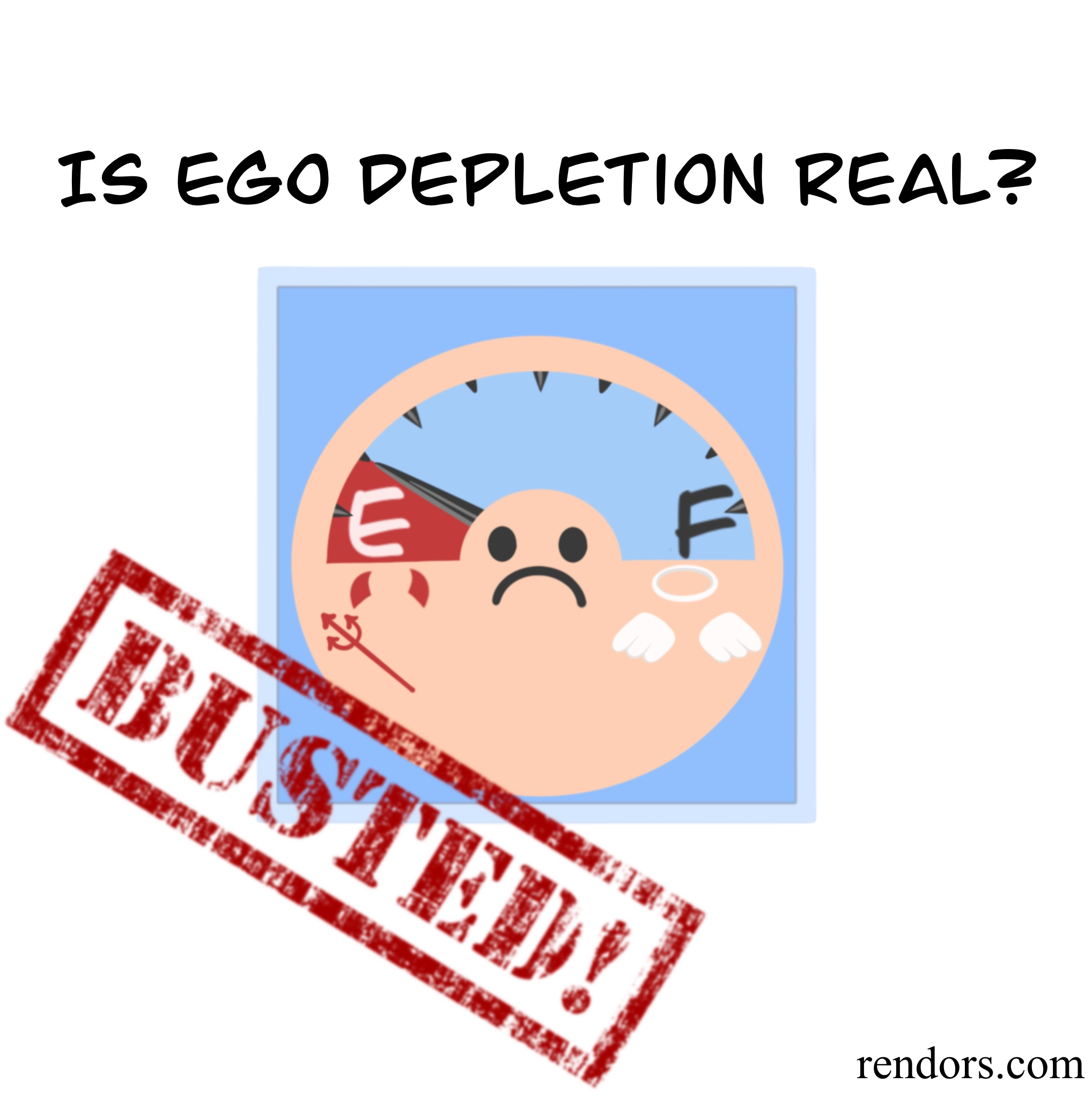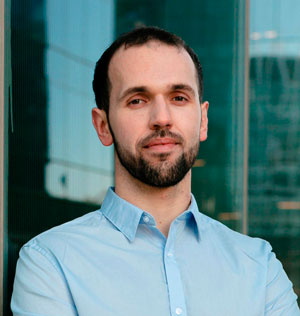Don't see an advisor you admire? Let's add him to the database! - Request

Smartbits - Is Ego Depletion Real? The Secret of Enduring Focus.
Whether you think you can, or you think you can't – you're right. Henry Ford
Recently, Nir Eyal (the author of Indistractable) led me to rethink one of my long-held beliefs. Years ago, I read about the concept of ego depletion. It states that our self-control ability is limited and that we “run out” of willpower when we exert ourselves. It was backed up by some reputable scientists who provided case-in-point examples and a theoretical rationale. For me, the idea clicked almost intuitively. It gives us rational reasons to stop resisting small temptations for the sake of focusing on real tasks.
If willpower and attention are like gasoline in a tank, then the temptations we resist are like ongoing leaks. Giving in would mean stopping the drainage.
Nir Eyal points out that Baumeister’s studies include an experiment showing that participants who had sipped sugar-sweetened lemonade demonstrated increased self-control and stamina on difficult tasks. The abstract of the paper conveys the idea succinctly and to the point:
The idea behind ego depletion is that willpower draws on a limited mental resource, so that engaging in an act of self-control impairs self-control in subsequent tasks. To present ego depletion as more than a convenient metaphor, some researchers have proposed that glucose is the limited resource that becomes depleted with self-control.
It turns out that the above suggestion and the whole concept of ego depletion are no more than compelling hypotheses. But how do we explain the existence of hundreds of studies that confirm such ideas?
You see, scientists don’t publish papers where they fail to discover something. Everyone was trying to prove the validity of the original idea. Then, after a few intellectual heavyweights were already on the bandwagon, it became increasingly difficult to voice the disagreement. So, it turns out there were plenty of studies that failed to confirm the existence of the ego-depletion phenomenon, but nobody cared to publish them. It is called a publication bias. If all the studies are taken into account, there is no firm evidence to support the idea. Nir adds, “furthermore, some of the more magical aspects of the theory, like the idea that sugar can increase willpower, have been thoroughly debunked.”
Some less politically correct scientist could say:
Nir points to a study conducted by the Stanford psychologist Carol Dweck who states:
signs of ego depletion were observed only in those test subjects who believed willpower was a limited resource. It wasn’t the sugar in the lemonade but the belief in its impact that gave participants an extra boost.
So it seems like we are back to the initial quote of Henry Ford. Nir Eyal puts it this way:
People who did not see willpower as a finite resource did not show signs of ego depletion.
My Take
I think that there are very few real limitations to what we can do. While we feel like there are many insurmountable obstacles, these are mostly artificial constructs of our minds. It is not the same as saying everything is easy if we try hard enough. But removing the limiting self-narrative is the essential part of getting from zero to one. The other indispensable ingredients are grit and perseverance.
In his book, A Promised Land Barrack Obama says that it was crucial for him to develop the belief that he truly can become the first African-American president. His campaign even adopted the slogan “Yes, We Can!”
The practical takeaway is to identify and discard the ideas that keep you from realizing your dreams and aspirations. If what you really want doesn’t contradict the rules of law, science, or morals, then the best possible attitude is, “Yes, I can. I just need to keep at it.”
Links and ways to follow-up for the curious:
Indistractable: How to Control Your Attention and Choose Your Life

